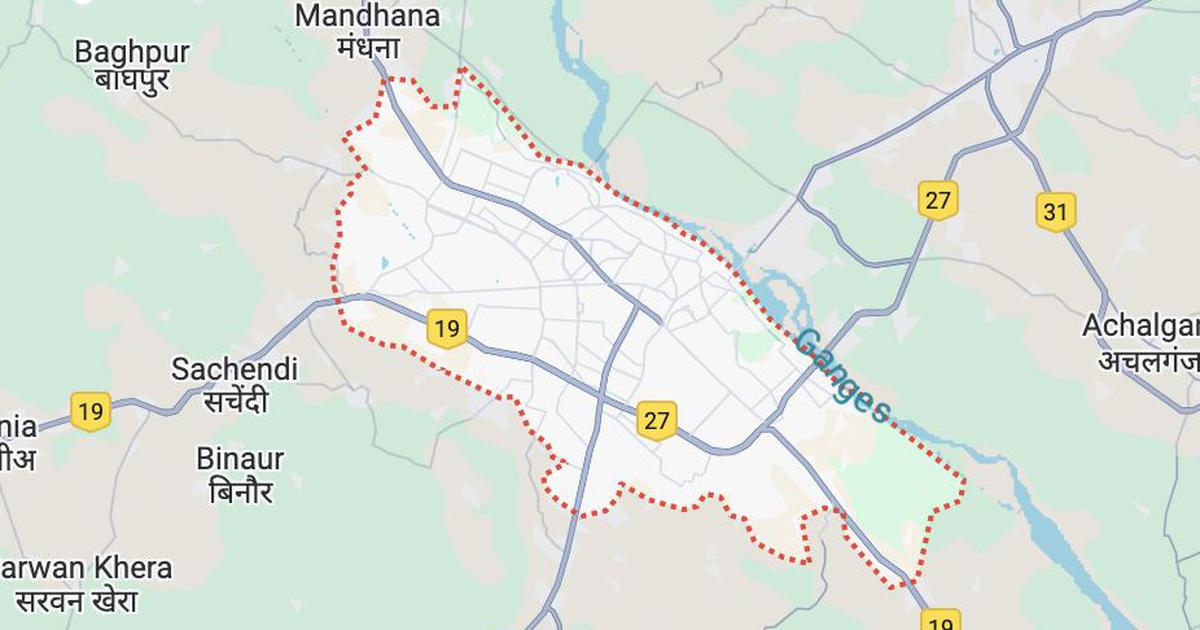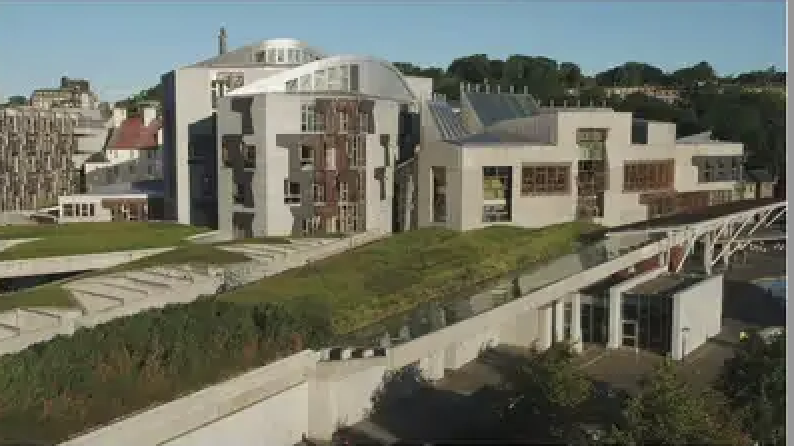By ,
EC needs a law to check hate speech
Varun Gandhi’s alleged communal remarks during the operability of the code of conduct extricates many ghosts about India’s democratic process and its management by the Election Commission.
Politics and media ensure that we are still ruled by the Nehru- Gandhi family. They are news even when split along ideological lines. Nehru and Indira Gandhi would have frowned on a breakaway sect of the family going the BJP way. But the ’Sonia’ group, which harbours grudges, has sent ’Maneka’ reeling into animal activism. In both camps, the son also rises. Both rising sons are brash and sought out by the media. One cannot grudge the sons treating politics as their ancestral hundred year old legacy. But, why do the people accept this legacy? Given the sheer size of the Muslim, Christian, and other communities and their ’tinder box’ vulnerability, electoral speech unequivocally outlaws communal speech. In the Hindutva case ( 1996), the Supreme Court held that elections do not expand the scope of free speech, even though since 1979 it is clear that electoral comments possess licence to figurative speech. What emerges is hypocrisy. While BJP and Sangh Parivar parties have thrived on communal politics, they know they cannot do so openly. Their task has been made easier with the Supreme Court taking the disastrous view of 1995 that appealing to Hindutva was not communal but could be an appeal to India’s heritage.
The ’law’ is clear. Irrespective of elections, communal or anti- national hate speech is a crime inviting heavy punishment, including imprisonment between three and five years. During elections, which start with the declaration of election and end with polling and declaring of results, it is a corrupt practice to appeal to religion or promote religious and other enmities between classes. The latter is also an election offence. Further, a conviction for promoting enmity class of offences, also invites disqualification for 6- 12 years.
But, none of this comes into effect in ’disqualification’ cases until there is a conviction in criminal cases, or a High Court makes a finding in corrupt practice and electoral offence cases in an election petition.
Varun
It seems incongruous that the Election Commission or its electoral officer can actually disqualify a candidate even though there is no conviction or High Court finding.
Putting the screws on Varun Gandhi as warning may be justified. But, it can be no more than a warning without inviting a disqualification. If the Election Commission ( EC) seeks recourse to its general constitutional power to superintend elections to disqualify Varun ( Article 324), it would be over- reaching its brief.
Unfortunately, our elections are dominated by money, muscle and mandirmasjid communalists. In the 2004 elections, some 125 MPs had cases of crime registered against them; with the highest being BJP ( 29), Congress ( 26), Samajwadi ( 11) and Bahujan ( 8). Their defence has been that these people had not been convicted of the crime they were accused of.
As long as this is so, they can vote and stand for office even if they are in jail without bail. The Law Commission had opined that even though disqualification should not occur when a mere FIR or police report ( challan) is filed, disqualification should occur when charges are drawn up by a court.
This would mean that in all cases where trial has begun, the disqualification should start. But, politics is often a conspiracy and politicians conspirators. MPs from all parties got together to try and kill assets declaration. On the issue of criminalisation of India’s politics, they are even more united. In this way politics subverts elections and the Constitution.
Varun Gandhi is supposed to have made his speeches around 9th March. The matter lay fallow for around a week, after which Varun Gandhi became famous for spewing venom. At this point, he was isolated.
Congress and the Left of all shades of pink pilloried him. The BJP disowned his remarks and sought discharge from the EC’s notice. Parts of the EC’s story seem fishy and raise questions. Whose camera took the feed? The EC’s order of 15 February 1996 says that the Commission’s officers will record critical events and seal and index all tapes. Why the delay of one week? Who fed the media? How did the Electoral Officer, his boss in UP and the CEC decide this issue in one day? The warning was necessary. But, can these things be decided to achieve finality? If so, a rival will plant reports in the newspaper, which will be sent to the EC a week later. The EC will issue show- cause in a trial by media. Nor should the case become any better if a tape or disc without authentication is the basis of a claim. This is short- changing the electoral due process which could be used by communalists, as easily as by anti- communalists.
Having said that, this form of hate speech is reprehensible. No doubt Varun Gandhi will answer to the criminal proceedings from which he has anticipatory bail.
Code
The Model Code is an innovative value- addition to our electoral process. Even without the Code, the EC, mainly in the 1990s, passed restraint orders in many matters pertaining to transfer of civil and police officers of UP, transfers generally, use of government vehicles and government employees in Tamil Nadu, Manipur, Arunachal, Goa, Daman and Diu, the 9th Lok Sabha elections, use of aircraft and helicopters, official vehicles, ministerial tours, use of loudspeakers, preventive action on use of muscle power or use of arms, or money power, maintaining law and order, criminalisation of politics, broadcasting equities, videography, reducing multiplicity of candidates, defacement of property, maintaining election expenses, identity cards and so on.
Statute
These have had wholesome effect and are in the exercise of the general constitutional power of superintendence ( Article 324). It is under this provision that the Model Code began in 1984. But is the Model Code enforceable? If so, to what effect? The Harbans Singh Jalal case ( 1997) suggests the Model Code comes into effect on the date of the announcement of an election; and broad instructions without day to day interference are permissible to the EC. This view has been reiterated by the Patna, Andhra Pradesh, Kerala, Madras High Courts.
In the latter case — relying on the Supreme Court’s stand in Jose’s case ( 1984), the Court said that every norm of the EC “ cannot possibly be elevated to the position of legislation or delegated legislation”. In Presidential Reference Opinion ( 2002) it was opined that the powers of the EC were in respect of those “ areas left unoccupied by the legislation”. But it is doubtful if the EC can disqualify a candidate for violating the Model Code, even though serious violations may result in cancellation and re- poll.
We have to be grateful that we have a constitutional EC which has worked well. I suggest that the EC’s powers in respect of the Model Code and other directions should be placed on a statutory basis with the statutory consequences ( including the disqualificatory effect) spelled out.
In the past, communal hate speech allegations have been made against the BJP’s L. K. Advani, Murli Manohar Joshi, Ashok Singhal, Uma Bharati and others including Bal Thackeray.
But no disqualification has surfaced.
Nor can Varun Gandhi be disqualified.
But he can be warned not to repeat the alleged hate speech.
Our law on the electoral process and the Model Code and its effects needs sorting out by legislation. This will give the EC’s constitutional duty of superintendence more teeth.
The writer is a Supreme Court lawyer
This story was first appeared on sacw.net






